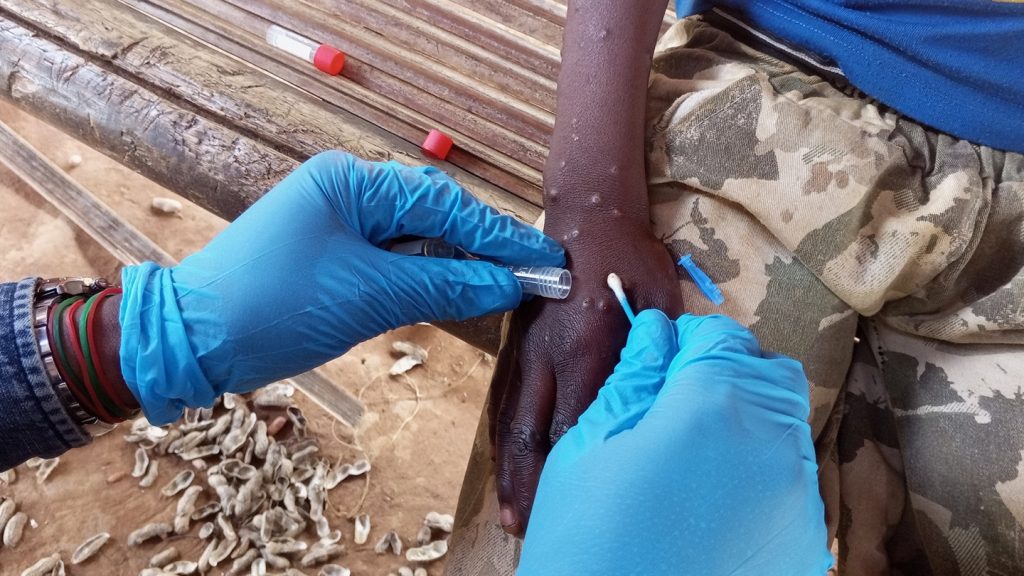The World Health Organization has declared mpox, formerly known as monkeypox, to be a global health emergency for the second time, due to its rapid global spread and the impact it has had on public health. The virus causes rashes, fevers, muscle aches, and other symptoms, with new outbreaks occurring in multiple countries, including the United States.
The disease has spread rapidly in Africa, now affecting people in at least 13 countries, with a significant increase in cases observed in Congo. The outbreak has resulted in over 15,600 cases and 537 deaths, including fatalities among children and individuals with weakened immune systems. A new variant of the virus has emerged, known as clade Ib, which appears to cause more severe cases and may be more transmissible than the previous variant.
Children have been particularly vulnerable to the virus in the current outbreak, with a high number of cases and deaths reported among young individuals. The virus has spread through heterosexual sex in addition to other forms of contact, posing a risk to pregnant women and their babies. Lack of information and limited surveillance are hindering efforts to control the outbreak and protect vulnerable populations.
The declaration of mpox as a public health emergency will allow for the deployment of vaccines and treatments to affected regions. The World Health Organization has requested $15 million for increased surveillance and countermeasures and is urging countries to donate vaccines from their national stockpiles. Japan has already offered its own version of the mpox vaccine to support efforts to control the outbreak.
Efforts to contain the outbreak will require collaborative efforts and increased awareness among affected communities. The effectiveness of interventions, such as informing communities about preventive measures, has been demonstrated in previous outbreaks. Ensuring access to vaccines, conducting surveillance, and addressing gaps in knowledge about the virus will be crucial in stopping the spread of mpox and preventing future outbreaks.
While there are still uncertainties about the virus, including its reservoir hosts and the differences between circulating clades, taking decisive action now is essential to prevent a repeat of past global outbreaks. The international community must prioritize efforts to address the spread of mpox in Africa and prevent further escalation of the public health crisis.















